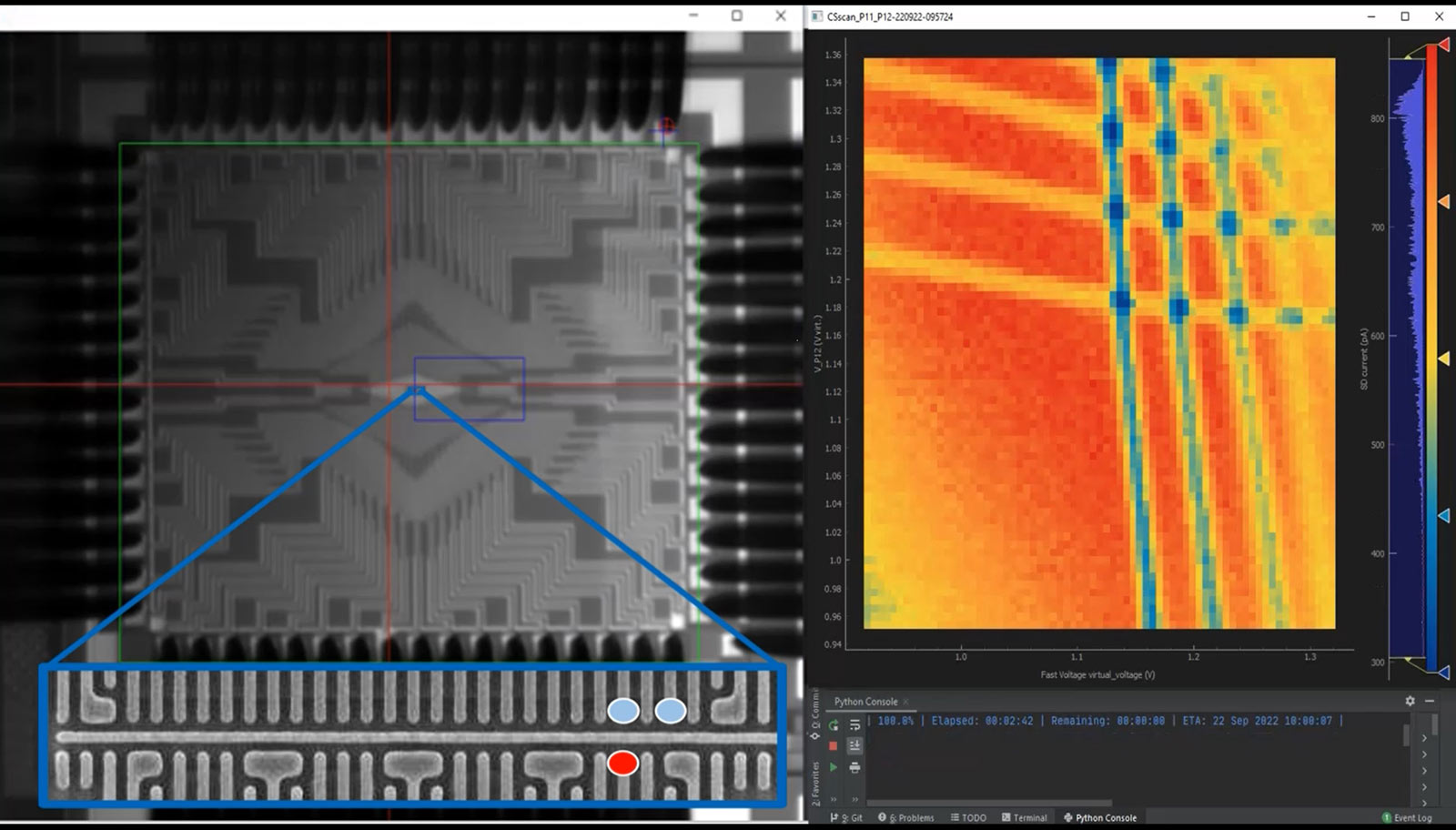Intel Claims Major Milestone in Quantum Chip Production

Intel has announced that it has achieved an important milestone in the production of its quantum computer processor. Intel Labs and Component Research (opens in new tab) The organization claims to have demonstrated the highest yield ever recorded in extreme ultraviolet (EUV) lithography production of silicon spin qubit devices. At Intel’s Gordon Moore Park transistor research and development facility in Hillsboro, Oregon, a team of researchers and engineers has produced quantum chips with “amazing uniformity” and his 95% yield rate across his 300mm silicon wafers. successfully created.
James Clarke, Intel’s director of Quantum Hardware, boasted about his company’s progress in manufacturing silicon spin qubits using readily available transistor manufacturing techniques. This is the key to allowing Intel to leverage its semiconductor manufacturing prowess in this industry. According to Clarke, “the high yields and uniformities achieved show that the quantum chips were manufactured on Intel’s well-established transistor process node,” a sure sign of success. Furthermore, it is hoped that Intel’s familiar model of silicon chip refinement can be applied to advance quantum computing.
The fabrication and testing of a second-generation silicon spin-test chip has sparked Intel’s latest blog post on quantum chip manufacturing advances. The resulting quantum device was tested using an Intel Cryoprober. The Intel Cryoprober operates at very low temperatures (1.7 Kelvin or -271.45 degrees Celsius) to keep the qubits stable and useful for computational purposes. Room temperature quantum computer research continues, which is another hurdle for the nascent industry.
Cryoprober confirmed that 95% of qubit packing chips on 300mm wafers worked as intended. This is especially good news for Intel, as most quantum chip production efforts to date have produced devices one at a time. His EUV process at Intel is now capable of creating multiple quantum chips on a wafer with the aforementioned excellent uniformity and yield.

Now that the second-generation silicon spin-test chips have been thoroughly vetted, Intel leverages statistical process control to optimize and extrapolate the progress it’s already made to target the next generation. Ultimately, it is hoped that computer technology developers like Intel will be able to create quantum chips packed with millions of qubits, and 2022 is a significant early stage in this growth process. can be seen. I can’t wait to see where things go in the next few years.




